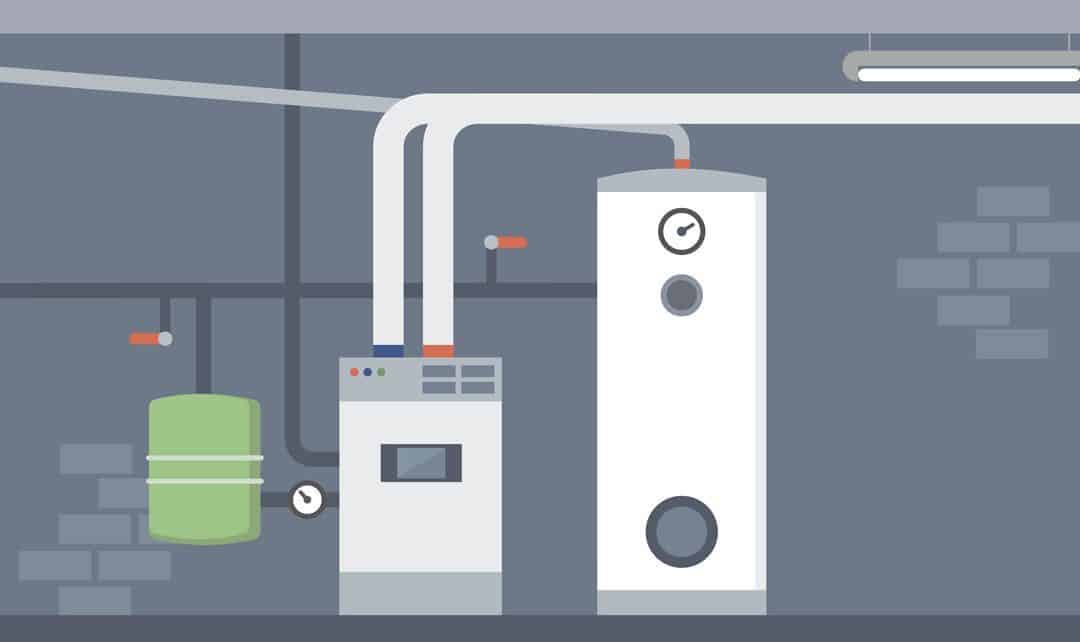Water heaters are not usually top of mind when buying or selling a home. Mostly they surface during an inspection when age, condition and size are examined, and to know whether the unit is rented or owned.
If the water heater is owned, it can save the buyer a significant amount of money because they don’t have to pay monthly rental fees. Even if the purchased unit is not fully paid off at the time of closing and the monthly payments are transferred to the buyer, owning can still be significantly more cost-effective than renting. Let’s take look at the math.
In Ontario, for example, renting a water heater from one of the big utility-like companies will set you back between $16 to $40 a month, depending on the type and size of the tank. Typically, a water heater will last about 15 to 20 years, if properly looked after.
Now, imagine you have the choice to pay $30 a month to the utility-like company to rent your water heater for a standard 15-year term, or $30 a month to buy your water heater from a company that will spread the purchase price over several years. At the end of year 12, things could look very different, depending on which option you chose.
If you bought your water heater, you would have made your final payment by now and own the unit outright. But if you are renting your water heater, not only will you continue to pay a monthly fee after year 12 for three years or more, but you may also find your initial rental fee of $30 per month has skyrocketed to over $50 a month. That’s because utility-like companies in most contracts are permitted to increase their rates by up to 3.8 per cent a year. That amounts to a whopping 70-per-cent fee hike during the life of a standard rental contract.
Here’s a link to a calculator that can help your clients find out how much they could save by owning vs. renting their water heater.
In addition to the financial benefits of owning vs. renting, there are several other considerations, so it’s important that homeowners take renting a water heater seriously to avoid nasty surprises down the road. It starts as a 15-year commitment, so they should read the fine print carefully. For example, it’s prudent to understand what the financial penalties are for removing the water heater prior to the contract ending, as these can be pretty stiff.
What happens if the water heater owner moves home before the contract expires? This is a big one, as many rental agreements try to force the buyer to assume the existing contract – whether they want to or not. This can be an issue if the buyer plans to rip the unit out in a renovation as soon as they move in.
To avoid a delay or even a deal-breaker in a home sale, it is worth finding out in advance of an offer if the buyer is happy with a rented water heater and all that goes with it, because getting rid of it after they move in may not be easy or affordable. One solution buyers may resort to is leveraging the financial penalties they would incur for breaking the rental contract to negotiate the home purchase price. Another might be to transfer the contract from the existing home to the seller’s new address, contract permitting. The key is to know the contract’s stipulations, rather than find out the hard way.
When thinking of owning vs. renting, whether it be a water heater or any heating and cooling equipment, the rental route may seemingly be preferred because there’s a sense that it provides peace of mind. We’re more protected if we rent should something go wrong, aren’t we? Not necessarily. So, buyers should get all the facts before blindly accepting a rented water heater as part of the deal when they purchase a home.
Purchasing a water heater from a reputable HVAC dealer can provide more security than renting from a utility and it certainly provides better value. Look for a retailer that actively promotes regular maintenance to catch small technical and safety issues before they become a problem, as well as 24-hour service for emergencies and ideally, locally based support that can arrive quickly.
When you fully understand the contractual implications of renting a water heater and the cost-benefits of ownership, you can provide added insight and value to your clients – and what client wouldn’t appreciate a simple way to avoid leaking money every month when they don’t have to?
Rick Little is director of marketing at ClimateCare. Send Rick an email or phone 905-319-9828.

















